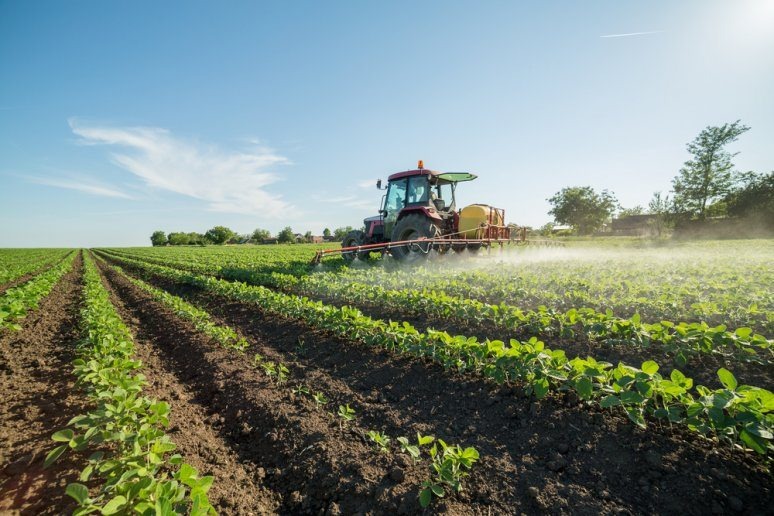EU Divided Over Pending Glyphosate Ban
The European Union is divided once again, this time over the future of glyphosate, an herbicide used to kill weeds that compete with crops.
A 15-year reauthorization process reached an impasse as the Environmental Commission moved to stop the authorization, and the EU Standing Environmental Committee failed to come to an agreement, Wine-Searcher reported.
Enrico Brivio, spokesperson for the Health, Food Safety, Environment, Maritime Affairs, and Fisheries Commission said, "After member states failed to take responsibility for the decision on the future of glyphosate in the EU, the commission approved an extension of glyphosate for 18 months. This will give the European Agency for Chemical Products (ECHA) time to issue its opinion on the topic."
Despite the decision, member states are able to ban or impose further restrictions on glyphosate use in their own countries.
Glyphosate is widely used in the grape-growing industry. Arnaud Descôtes, deputy technical and environmental director of the Comité Interprofessionnel du Vin de Champagne (CIVC), said that despite advances in recent years, 65 percent of vineyards are blanket sprayed with herbicides that are predominately glyphosate-based.
Descôtes said, "Even if we have come a long way in recent years... we are not completely prepared to abandon the use of glyphosates in such a short period of time. However, we have been actively promoting alternatives to herbicides for the last 15 years to our 15,000 grape growers and we will continue to assist them in finding suitable alternatives."
Some countries, such as France, have consistently voted against the extension after the World Health Organization found glyphosate to be "probably carcinogenic to humans." There are also concerns on the impact on biodiversity.
Winemakers against the ban have concerns over the financial and labor burdens of finding an alternative for glyphosate. Jonathan Ducourt, sales and marketing manager at Vignobles Ducourt, explained, "We only use glyphosate-based herbicides under the vineyard rows, which is about 20 percent of our 450-ha domain. To eliminate this we would need to invest in 10 extra tractor drivers as well as mechanical weeding machines and probably more tractors as well. Besides the extra costs, the biggest challenges would be to find more weeding extensions and especially the extra staff; tractor drivers have long been scarce and are already hard to find."
Chemical alternatives to glyphosate-based herbicides are often more expensive and less effective.
Here are 10 facts about pesticides that may have you going organic.
